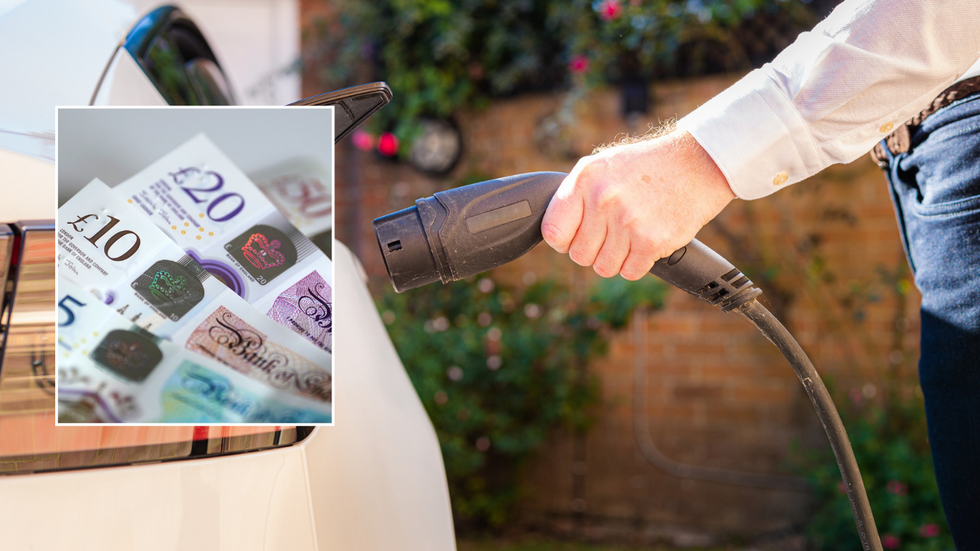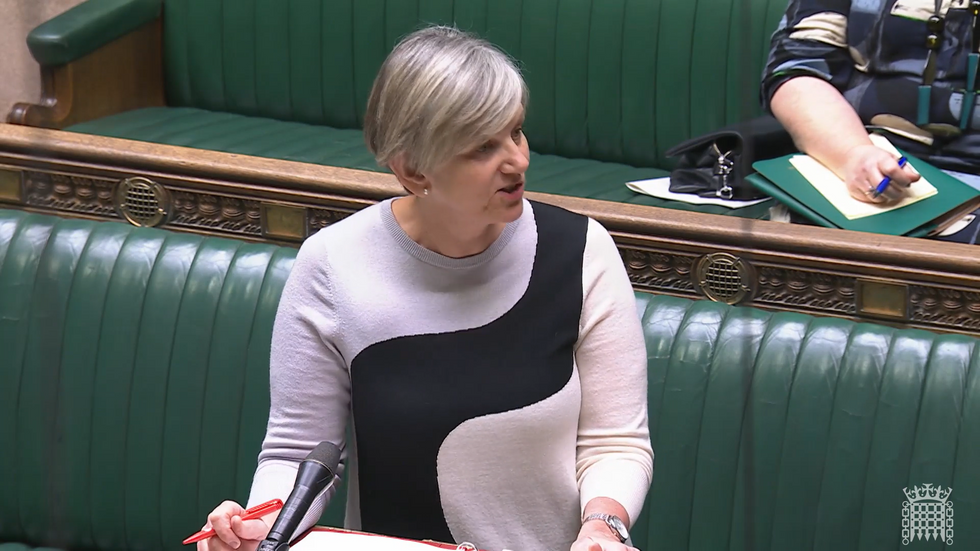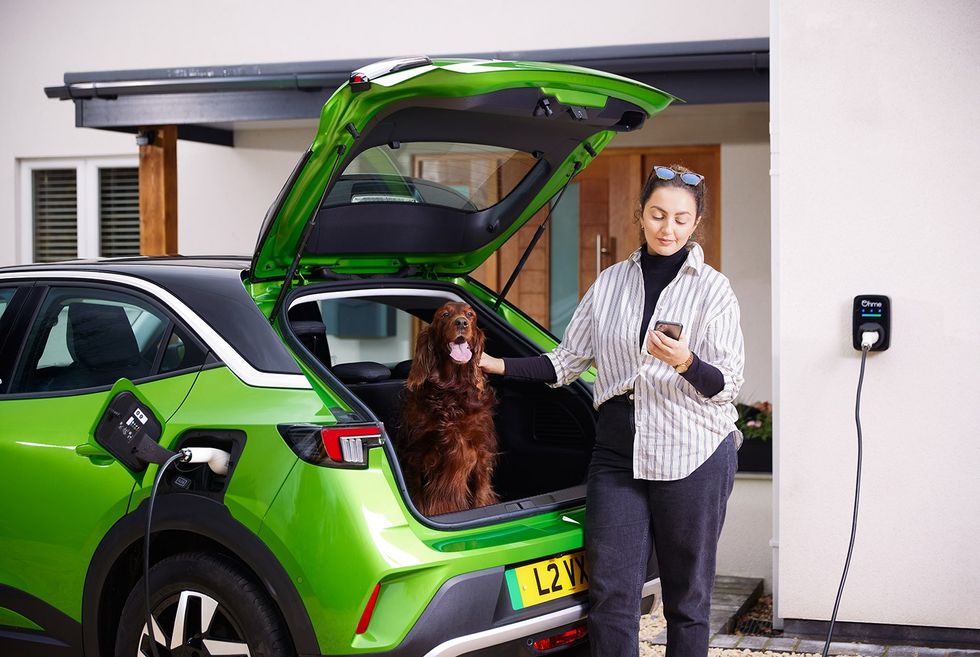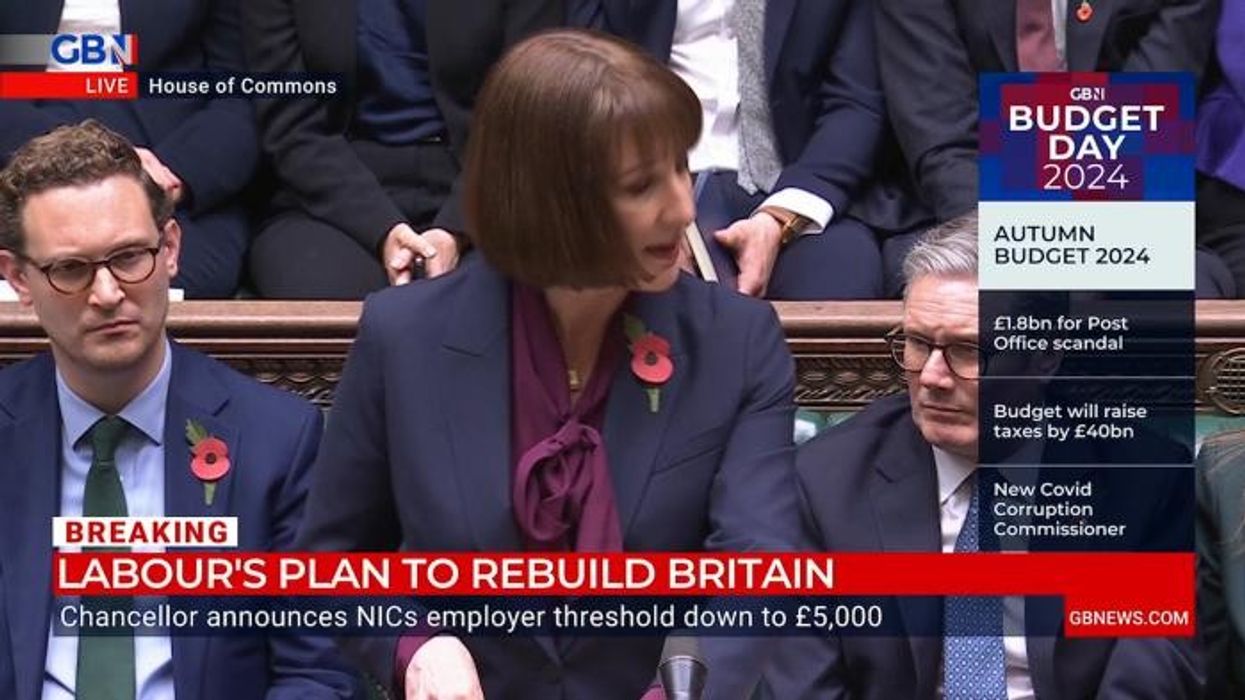Motorists of all car types could make £1,000 yearly as Labour relaxes key planning rules - 'Boost income'

Last month, Labour removed the need for planning permission when installing electric vehicle chargers
Don't Miss
Most Read
Latest
Motorists have been urged to take advantage of major electric vehicle changes, which could now see drivers bring in £1,000 a year.
It comes after Labour slashed red tape for installing electric car chargers, with drivers and businesses no longer needing planning permission.
With the rules now relaxed, experts have urged drivers of all vehicle types to install chargers and rent them out to EV owners in need.
The move could allow drivers to earn extra income by renting out their driveways to EV owners who are still facing a disproportionate charging structure across the UK.
Do you have a story you'd like to share? Get in touch by emailing motoring@gbnews.uk

Drivers who rent out their EV chargers could make £1,000 a year
|GETTY/PA
While renting out EV chargers will benefit drivers through making money, more importantly, it can help plug a charging gap which currently exists across the UK.
Andy Syrett, UK managing director at YourParkingSpace, said: "By cutting planning red tape, the Government has made it even easier for people to install EV charge points at home and rent them out when not in use."
The expert explained that parking spots with an EV charge point can generate 13 per cent more income on average than those without.
Last month, the Department for Transport announced that it would be removing regulatory barriers in place for installing EV charge points.
Future of Roads Minister Lilian Greenwood said: "We're cutting down on paperwork to power up the EV revolution so that drivers, businesses and those looking to make the switch will have more charge points to power from and less red tape to deal with.
"We continue to make the switch to EVs easier, cheaper and better by investing over £2.3billion to support drivers and back British carmakers through international trade deals - creating jobs, boosting investment and securing our future as part of our Plan for Change."
The latest Zapmap statistics show that 1,344 new electric vehicle charging points were added in May, with almost 81,000 devices across the UK.
The red tape removal also forms part of the ambitions Zero Emission Vehicle mandate, which requires 80 per cent of new car sales to be electric by 2030. Under the mandate, at least 28 per cent of new car sales will need to be electric by this year.
LATEST DEVELOPMENTS:

The Future of Roads minister announced last month that the Government would make it easier to install EV chargers
| PARLIAMENT TVOne of the main barriers to making the switch to an EV has been the unreliable charging network as well as heavy costs associated with electric cars, with the DfT hoping the removal of planning works will encourage more drivers to go green.
The change would also see drivers able to save up to £1,100 a year, with experts urging drivers to take advantage of this new scheme.
Lewis Gardiner, Operations Director, Osprey Charging Network, explained that by removing the need for planning permission, it will "save months of delays, reduce costs and accelerate the delivery of the rapid charging hubs drivers need".
Research suggests that EV charge points, including driveways and commercial locations, generated nearly £30million last year, with revenue seeing a steady rise from private driveways with home chargers.
 Electric car drivers can save hundreds of pounds when charging at home | OHME
Electric car drivers can save hundreds of pounds when charging at home | OHMELooking at the rise in private driveway charging schemes, London accounted for two-thirds of all bookings, the experts revealed.
Meanwhile, regions in the southwest saw a 167 per cent rise in home charging options, while the East Midlands saw a 160 per cent increase, with Wales recording a 150 per cent rise.
Syrett added: "When you consider that many of our driveway listings in hotspot areas - such as near football stadiums, music venues, train stations, and airports - typically earn around £1,000 a year, that extra 13 per cent can quickly cover the cost of installing a charge point.
"With installation now simpler and planning rules relaxed, we expect more homeowners to take advantage of this easy way to boost their income."











